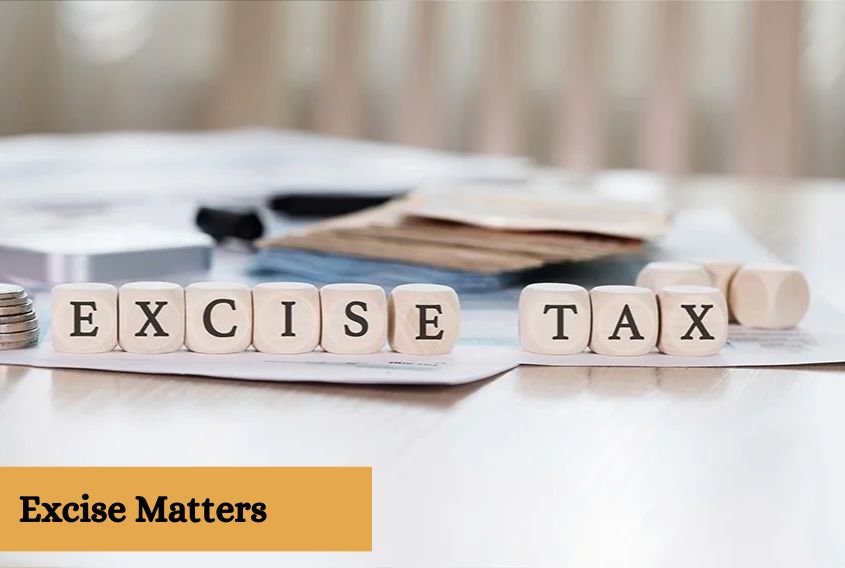What is Excise in Pakistan?
In Pakistan, excise duty is a form of indirect taxation imposed on certain products manufactured in the country. The Federal Board of Revenue (FBR) is the regulatory body responsible for administering excise duties in Pakistan. Excise duties are applied to specific products at different stages of their production or distribution, and rates may vary depending on the nature of the product. Common products subject to excise duty in Pakistan are tobacco, beverages and petroleum products. The purpose of excise duty is to generate revenue for the government and, in some cases, to discourage the consumption of certain products that may have negative social or health effects. The administration and collection of excise duties involves detailed record keeping, enforcement and compliance checks by the tax authorities. Excise duties are an essential component of Pakistan’s overall revenue structure and help fund government initiatives and public services.

What is the Role of Excise and Taxation?
The role of excise and taxation varies by jurisdiction, but generally involves the administration and collection of certain taxes. Here are some common aspects of the role of excise and taxation:
- Tax Administration: Excise and taxation departments are responsible for the administration and collection of taxes and duties imposed on specific goods and services. These may be excise duties, sales taxes, value added taxes (VAT) or other indirect taxes.
- Regulation of Specific Industries: Excise and taxation departments are responsible for the administration and collection of taxes and duties imposed on specific goods and services. These may be excise duties, sales taxes, value added taxes (VAT) or other indirect taxes.
- Issuing Licenses and Permits: Tax and excise authorities issue licences and permits to businesses involved in activities subject to excise duties or specific regulations. This ensures that companies comply with legal requirements and contribute to revenue generation.
- Monitoring Compliance: The department monitors companies and individuals to ensure that they comply with tax laws and regulations. This may involve audits, inspections and investigations to detect any cases of tax evasion or non-compliance.
- Revenue Collection: One of its main roles is to collect revenue for the government. These revenues are essential for financing public services, infrastructure and other government expenditure.
- Policy Implementation: The Excise and Taxation Departments play a role in implementing the tax policies defined by the government. They can recommend changes to tax legislation and contribute to the development of tax policies in line with economic objectives.
- Public Awareness: Providing information to the public on tax regulations, compliance requirements and changes in tax policies is also part of the role. This helps businesses and individuals understand their tax obligations.
- Dispute Resolution: Tax and excise authorities can deal with disputes relating to tax assessment or other issues. This may involve setting up appeal boards or tribunals to address concerns raised by taxpayers.
Excise and taxation play an essential role in ensuring the stability of public revenues and guaranteeing that companies and individuals pay their taxes fairly and transparently.
Benefits of Excise and Taxation
Excise and taxing systems provide numerous benefits to governments and society, including economic stability, public services, and regulatory oversight. Some of them are given below:
- Revenue Generation
- Resource Allocation
- Economic Stability
- Regulation of Industries
- Incentivizing Compliance
- Equity and Fairness
- Public Services and Infrastructure
- Environmental Management
- Crisis Response
While excise and taxation systems offer many advantages, their success depends on effective implementation, fair enforcement and periodic review to adapt to changing economic and social conditions.
